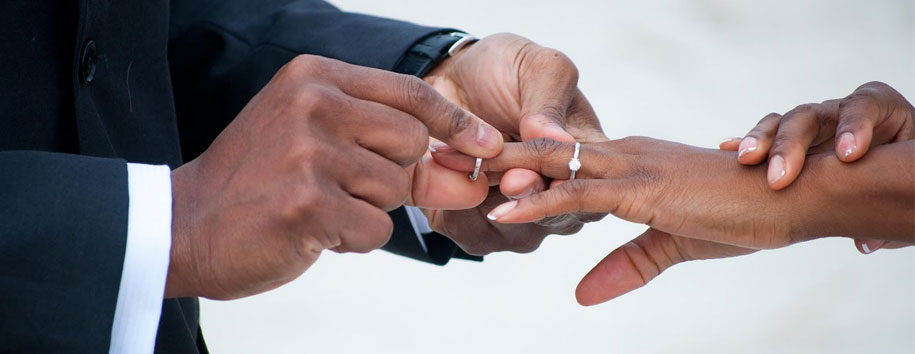
Though an oil-rich nation, Nigeria likely cannot afford to scorn foreign aid in the fight against HIV/AIDS, experts say. Nigeria has the continent’s second highest number of people living with the disease, says the United Nations. More than 3 million people are infected with the disease and many do not know their status, according to U.N. estimates.
“There are about 400,000 people on anti-retrovirals in Nigeria at the moment and 95 percent of those are paid for by donor funds,” Nigerian public health physician and health blogger Chikwe Ihekweazu told The Associated Press.
Gay sex has been banned in Nigeria, a nation of more than 160 million people, since colonial rule by the British. Gays and lesbians face open discrimination and abuse in a country divided by Christians and Muslims who almost uniformly oppose homosexuality. In the areas in Nigeria’s north where Islamic Shariah law has been enforced for about a decade, gays and lesbians can face death by stoning.
Under the proposed law passed by Senate this week, couples who marry could face up to 14 years each in prison. Witnesses or anyone who helps couples marry could be sentenced to 10 years behind bars. The bill also punishes the “public show of same-sex amorous relationships directly or indirectly” with ten years in prison.
A newly added portion of the bill, leveling 10 years in prison for those found guilty of organizing, operating or supporting gay clubs, organizations and meetings, worries advocates in Nigeria. They fear the law could be used against groups providing aid for HIV and AIDS outreach programs that traditionally consider gay men as an at-risk group.
“We work with them trying to reduce their risk factors, trying to make them more healthy and have safer sex practices,” said Meyiwa Ede of the donor-funded public health organization Society for Family Health. “If we can’t work with them anymore, then they are vulnerable.”
But lawmakers playing to the deeply religious nation’s dislike of gays and lesbians have said donor nations who threaten to cut aid over the bill can keep their assistance, putting at risk the lives of people reliant on anti-retroviral drugs.
The U.S. and U.K. governments funnel huge sums of money into Nigeria for AIDS and HIV outreach. The U.S. government, under the United States’ President Emergency Plan for AIDS Relief, has given an average of $308 million dollars a year to groups working in HIV prevention, treatment, and support, according to the U.S. Consulate in Lagos.
The U.K. government spends an average of $31 million dollars a year on HIV/AIDS programs in Nigeria, the Abuja office of the U.K.’s Department for International Development said.
Through local partners, the funding reaches heterosexuals, as well as gays and lesbians to combat the spread of HIV and AIDS. Heterosexual sex accounts for 80 percent of HIV transmissions in Nigeria, said the country’s National Agency for the Control of AIDS in a recent report.
U.K. Prime Minister David Cameron recently threatened to cut aid to African countries who discriminate against gays and lesbians. Advocates fear that could include the HIV and AIDS funding.
Statements from the U.S. and U.K. say both governments are watching the bill closely, but declined to comment further on how it may affect their outreach.
President Goodluck Jonathan promised the United Nations General Assembly in June that his administration was “committing to increase national ownership of HIV and AIDS responses” and to make those responses inclusive. However, six months later, little has changed in a country that makes no attempt to reach gay and lesbian communities.
Nigeria’s Health Minister Onyebuchi Chukwu told AP that the bill outlawing gay groups would not affect state-funded HIV and AIDS programs if it were to become law. The health ministry has no programs specifically targeting these communities, said spokeswoman Rekia Zubairu.
Rights groups say the lawmakers’ resolve to pass the bill reflects widespread homophobia in Nigeria, but it also shows their disconnect from working-class Nigerians, regardless of their sexual orientation.
“They have the resources to go abroad for treatment, with their big salaries, so they don’t give a hoot about ordinary people,” gay rights organizer Dorothy Akenova said. “The majority of Nigerians are the ones who will suffer for it.”
The bill must still be passed by Nigeria’s House of Representatives and signed by President Jonathan before becoming law.

